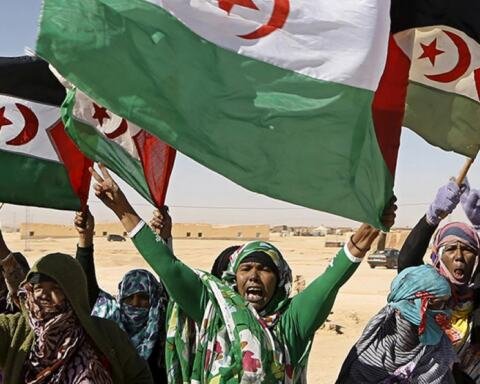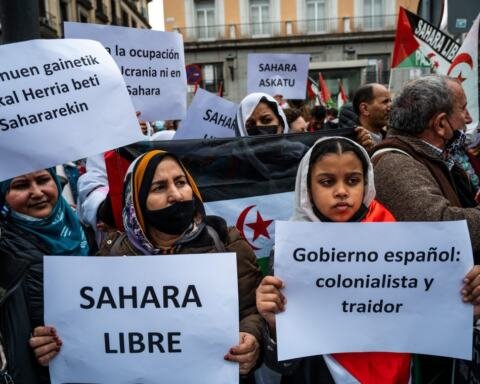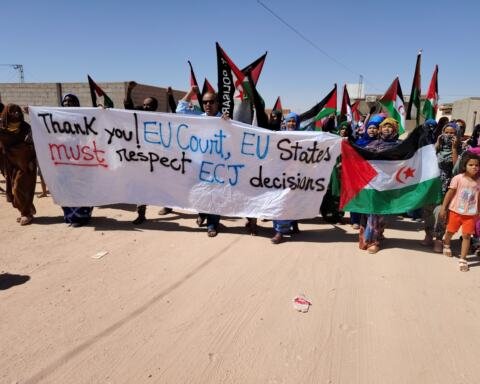Western Sahara: Identity, Territoriality, and the Fight for Self-Determination
Western Sahara’s struggle for self-determination is deeply tied to territorial identity, colonial-era boundaries, and the challenges of recognizing nomadic populations in modern legal frameworks.
Historically, self-determination gained prominence through postcolonial movements, but territorial borders—often imposed by colonial powers—do not always reflect local identities.
The principle of uti possidetis reinforced colonial boundaries, legitimizing artificial borders while sidelining traditional tribal affiliations. When the International Court of Justice ruled that Western Sahara was not terra nullius, it acknowledged the region’s political organization but did not resolve territorial disputes involving Morocco and Mauritania.
Today, the conflict remains unresolved, with voter eligibility disputes delaying a referendum. Future solutions must balance territorial claims with the fluid identities of Western Sahara’s people to achieve a sustainable resolution.
Full article
castellino-1999-territory-and-identity-in-international-law-the-struggle-for-self-determination-in-the-western-saharaSource: SageJournals
Support our work
Support our work
Support our work with a one-off or monthly donation
AuthorJoshua Castellino Year1999Pages29LanguageEnglish
Share via
Related resources
The Western Sahara Dispute: A Cautionary Tale for Peacebuilders
The UN and MINURSO have succeeded neither inconducting a referendum nor in…
Western Sahara as a Hybrid of a Parastate and a State-in-Exile: (Extra)territoriality and the Small Print of Sovereignty in a Context of Frozen Conflict
Within the liminal universe of parastates, what makes Western Sahara/SADR…
The Front Polisario Verdict and the Gap Between the EU’s Trade Treatment of Western Sahara and Its Treatment of the Occupied Palestinian Territories
Morocco’s control over Western Sahara and Israel’s control of the West Bank…



